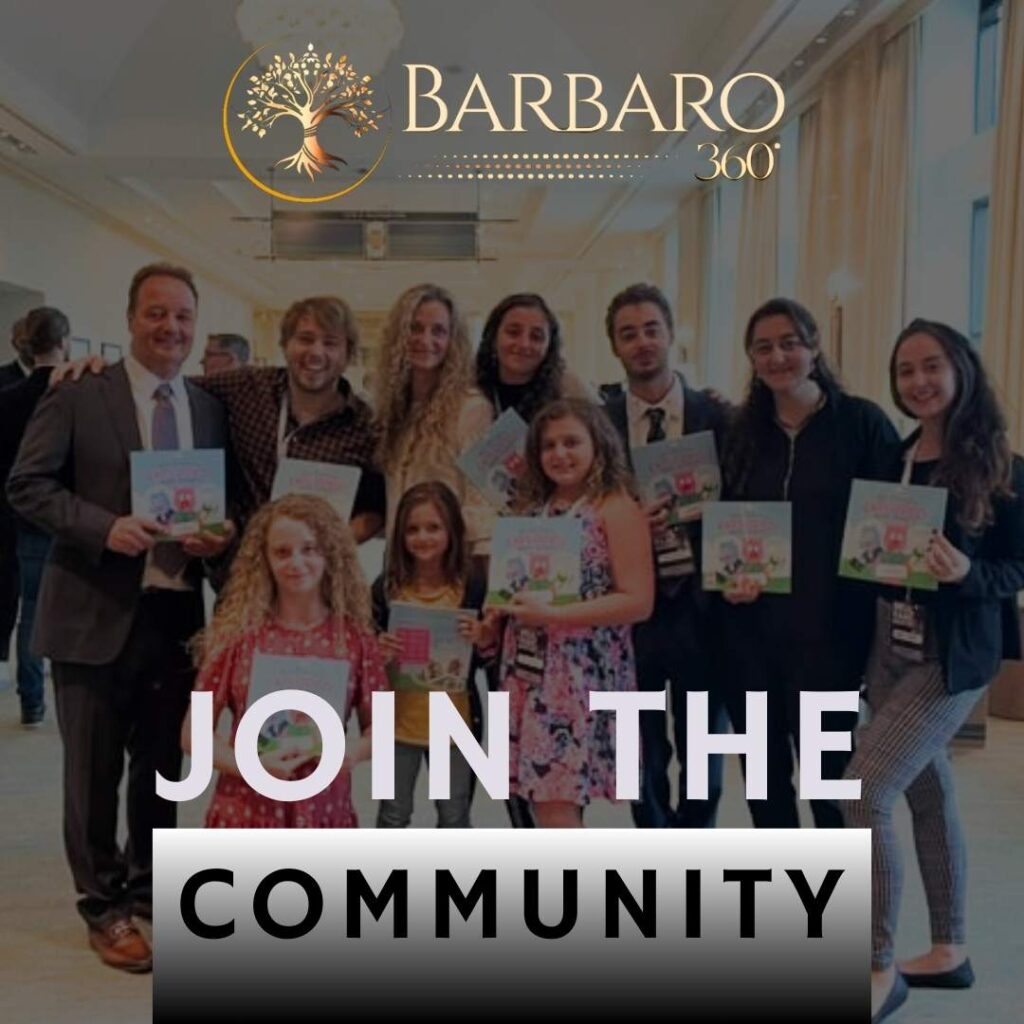We often think of money as a purely practical tool, a means to an end. But what if our relationship with money could be a source of joy and peace? This is the core concept explored by Ken Honda, a renowned money and happiness expert, in his book “Happy Money: The Japanese Art of Making Peace with Your Money.” Honda argues that it’s not about how much money you have, but about the emotions you associate with it.
Happy Money vs. Unhappy Money:
Honda defines “happy money” as money that brings a smile to your face when you receive it and when you spend it. It’s about gratitude and joy in the flow of finances. Conversely, “unhappy money” is associated with feelings of frustration, anxiety, and resentment. We’ve all experienced the dread of opening a bill or the sting of feeling underpaid. These negative emotions, Honda suggests, stem from a poor relationship with money.
The Psychology of Money:
Our upbringing and experiences shape our beliefs about money, often leading to what Honda calls “money trauma.” These deeply ingrained beliefs can create a scarcity mindset, where we constantly fear not having enough. This scarcity mindset can drive us to make decisions based on fear rather than abundance, hindering our financial well-being and overall happiness.
From Scarcity to Abundance:
One of the key concepts Honda emphasizes is the importance of releasing money with gratitude and trust. He compares it to physical health: just as we must release what we consume to maintain physical health, we must also allow money to flow freely in our lives. This doesn’t mean being reckless with spending, but rather approaching finances with a sense of trust that our needs will be met.
Money and Relationships:
Money is a common source of conflict in relationships. Honda points out that different personality types – savers, spenders, money makers, and gamblers – often have conflicting views on money. Understanding these different perspectives and communicating openly and generously can help couples navigate financial disagreements and build a healthier relationship with money together.
Beyond Materialism:
Honda’s philosophy challenges the notion that money equals happiness. He shares the story of a wealthy acquaintance who died before fulfilling his dream of traveling the world, highlighting the importance of balancing financial pursuits with enjoying life in the present moment. He stresses the importance of not defining ourselves by our net worth, as this can lead to a never-ending pursuit of more, leaving us feeling perpetually unfulfilled.
Finding Happy Money:
So, how can we cultivate “happy money” in our lives? It starts with self-reflection. Examining our beliefs about money, identifying any past traumas, and understanding our spending habits are crucial steps. Practicing gratitude for the money we have, spending consciously, and giving generously are all ways to shift our relationship with money from one of fear and scarcity to one of joy and abundance.
Ken Honda’s message is a powerful reminder that money is a tool that can be used to create happiness and well-being, not just for ourselves, but for others as well. By cultivating a positive and grateful mindset towards money, we can transform our finances and our lives.







